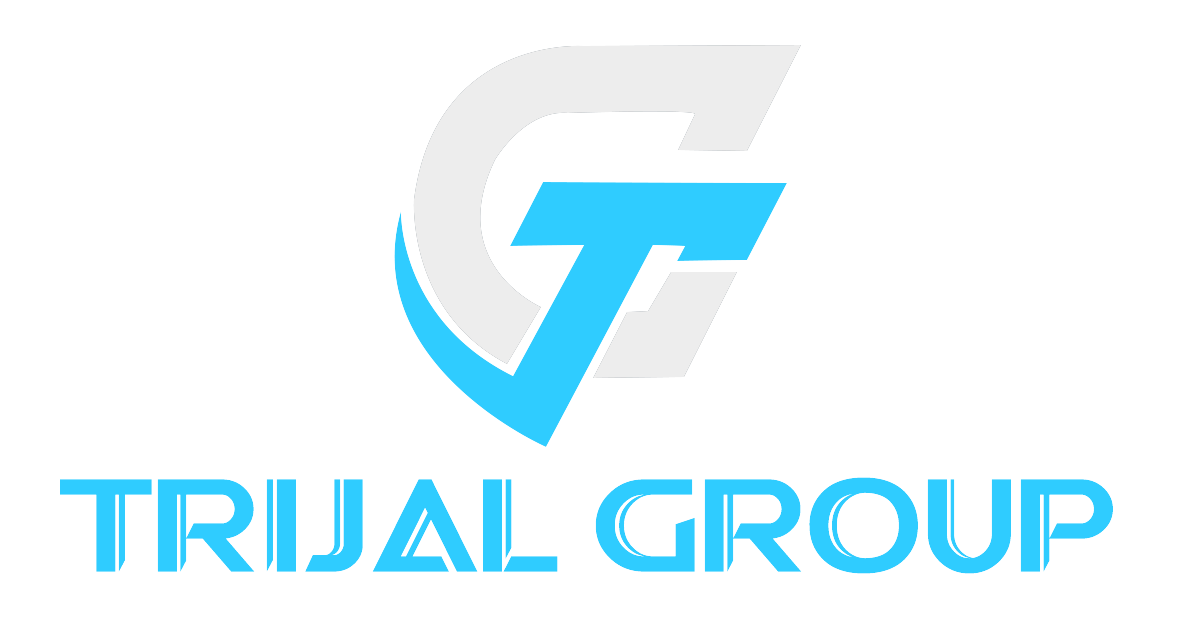
Software Consulting
Software consulting involves providing expert advice, guidance, and support to organizations in various aspects of software development, implementation, and management. Here's an overview of what software consulting entails:
Analysis and Planning:
Software consultants work closely with clients to understand their business needs, objectives, and challenges. They conduct thorough analysis and assessment of existing systems, processes, and technologies to identify areas for improvement and optimization.
Solution Design and Architecture:
Software consultants design and architect software solutions tailored to meet the specific needs and objectives of their clients. They leverage their expertise in software development methodologies, programming languages, frameworks, and technologies to create scalable, robust, and efficient systems.
Development and Implementation:
Depending on the client requirements, software consultants may be involved in the actual development and implementation of software solutions.This may include writing code, configuring systems, integrating third-party components, and deploying applications across various environments.
Quality Assurance and Testing:
Software consultants play a critical role in ensuring the quality and reliability of software products and systems. They develop testing strategies, methodologies, and test plans to validate software functionality, performance, security, and usability.
Training and Knowledge Transfer:
As part of their consulting services, software consultants provide training, mentoring, and knowledge transfer to clients' internal teams. They empower team members with the skills, tools, and best practices needed to effectively manage and maintain software systems post-implementation.


Software Consulting Process
The software consulting process involves several key steps aimed at understanding client needs, developing tailored solutions, and delivering value-added services. Here's an overview of the typical software consulting process:
Initial Consultation and Discovery:
The process begins with an initial consultation where the software consultant meets with the client to understand their business goals, challenges, and requirements.
Consultants ask probing questions to gather information about the client's industry, existing systems, workflow processes, and pain points.
Analysis and Assessment:
Once the client's requirements are understood, the software consultant conducts a comprehensive analysis and assessment of the current systems, infrastructure, and workflows.
Consultants may perform gap analysis, review documentation, and evaluate technical architecture to identify areas for improvement and optimization.
Solution Design and Proposal:
Based on the analysis findings, the software consultant collaborates with the client to design custom software solutions that address identified needs and objectives.
Deployment and Support:
Once the software solution is tested and approved, consultants assist with deployment and migration activities to transition the solution into production environments.
